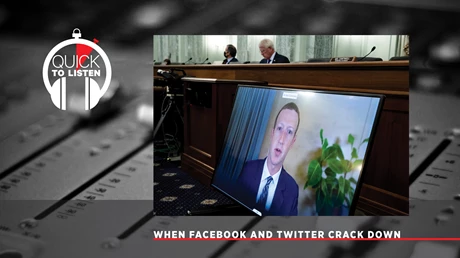Since I have been at home a lot more lately, I’ve been noticing things I can improve or get rid of in my house. This time, it was my bedroom that needed a little touch-up.
It was a Saturday and I had already cleaned everything else in the house. I wasn’t quite sure what I was going for, so I just started pushing my bed to the other side of the room. As I moved the bed, I realized I needed to sweep my floor. There is no carpet, so I could really see the dust floating around on the hardwoods. Initially, I could only push it to the middle of the room because, well, all the other stuff was still in place. It wasn’t until I began shifting everything else that I started to realize what I wanted to do with my space.
Next, I began to move the dresser. Now, my dresser was much heavier than I thought, and I had to move it very carefully as to not scratch the wood. Needless to say, I was ready to be done, but I kept going. It took longer to move it than anything else because I had to be strategic so I didn’t ruin the floor.
What Will the Process of Spiritual Cleaning Reveal to Us?
 As I continued cleaning, I found clothes that I no longer wore and stuff I didn’t use anymore. It was time to get rid of it.
As I continued cleaning, I found clothes that I no longer wore and stuff I didn’t use anymore. It was time to get rid of it.
Once I finished moving my furniture, I noticed that I had a lot more space than I thought I did, and I had a lot more stuff than I actually needed. That’s always how it goes though, right? When you really clean, you find that you have more stuff than you need.
Okay, my bedroom has nothing to do with you, but maybe it is time you do some moving and cleaning. Not in your physical house (although if you realize it’s necessary, go for it), but spiritually. There are many times when that old setup doesn’t work anymore and we need a “little touch up”.
In many cases, we don’t discover what the problem actually is until we begin to tidy up around us. We discover that there are things, people, and circumstances that we can do without. Ultimately, we will learn that once we begin to move those things out of our lives, we will have more space for what God desires to be present in our lives.
So, What’s the Play Call?
There is no way to pinpoint what will solve our issues if we do not allow God to lead us. Here are a few things to remember as you change your “room” around for a good spiritual cleaning:
- Don’t try to move that weight yourself. I moved my dresser by myself, but I sure wish someone was there to help me. Often, we try to fix our own problems and clean in silence so that nobody knows our struggles. The thing is, God already knows, go to Him for help. “Therefore, since we are surrounded by such a huge crowd of witnesses to the life of faith, let us strip off every weight that slows us down, especially the sin that so easily trips us up. And let us run with endurance the race God has set before us.” Hebrews 12:1 NLT
- Get rid of the clutter. Just like getting rid of stuff I no longer needed in my home, we must do this in our spirits. Sometimes we hold on to feelings, emotions, people, or even things that bog us down and take up space that God wants to fill. Get rid of it. “Create in me a clean heart, O God; and renew a right spirit within me.” Psalms 51:10
- You have got to clean. You can’t just move furniture around and ignore the dust and dirt. That’ll just create a bigger mess in your life. Be willing to get clean. Confess to God, forgive, do whatever it takes to be clean before the Lord. “If we confess our sins, he is faithful and just to forgive us our sins, and to cleanse us from all unrighteousness.” 1 John 1:9
- Be patient with yourself. Just as it took me longer to move my dresser around, it may take you longer to move some things in your life. “But let patience have her perfect work, that ye may be perfect and entire, wanting nothing.” James 1:4 KJV
One of the most important things to remember is that spiritual cleaning is a process, but it’s necessary. Let go of the clutter that is taking up the space God wants to fill.





I’m grateful for the message God should create a new heart in me and renewed a right Sprite in me